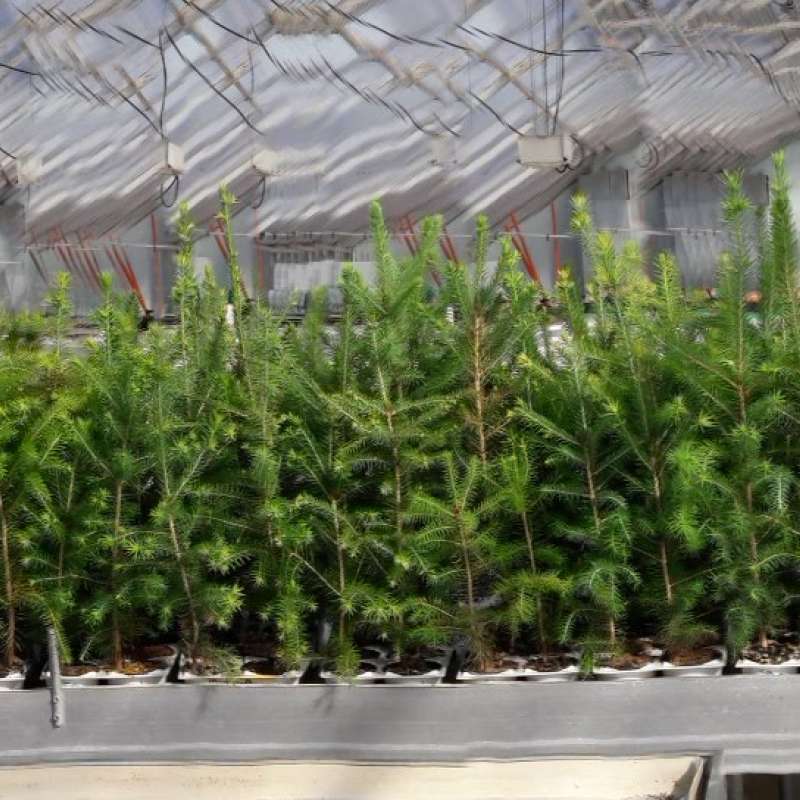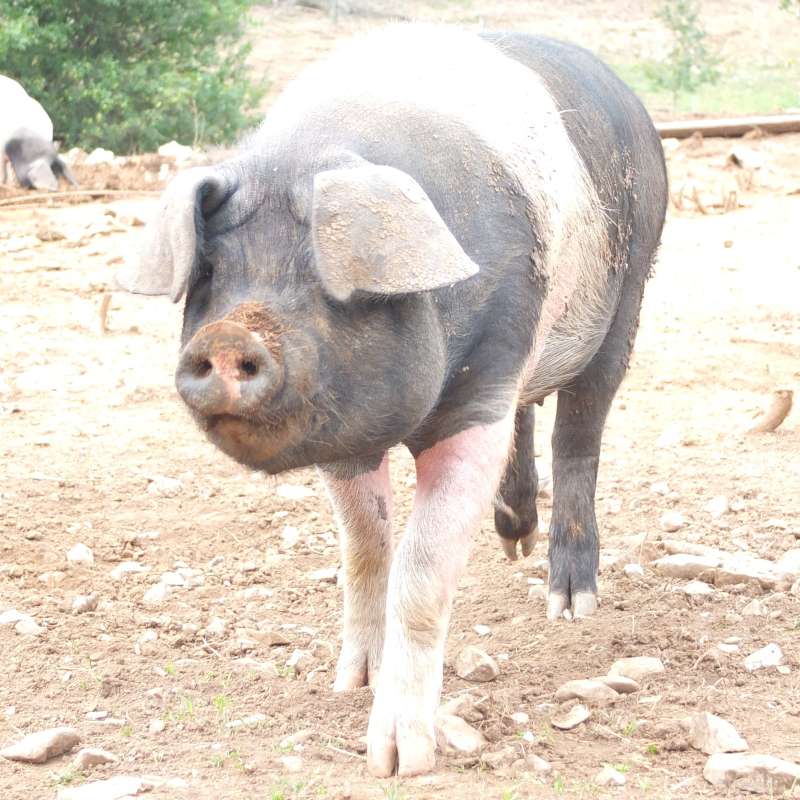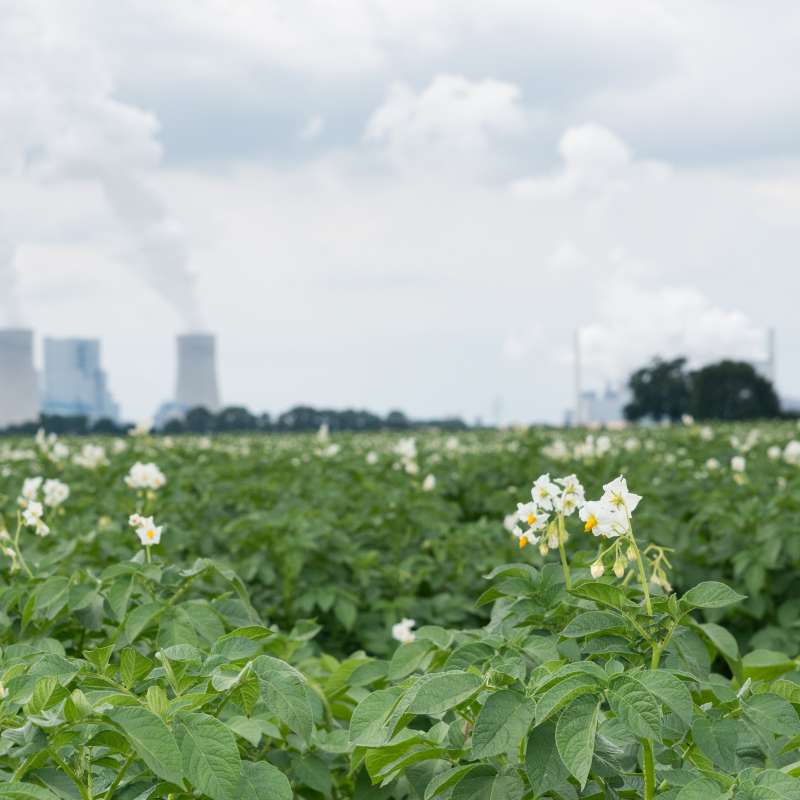
Division of Environment and Natural Resources
Improvement and innovation of a BIO-secure Recirculating Aquaculture System for SHRIMP and additional biomass circular production
Shrimp production in aquaculture is going to be made sustainable in a European project, also with participation from India. NIBIO will be responsible for evaluation and sustainable use of the residues, primarily as fertilisers.



